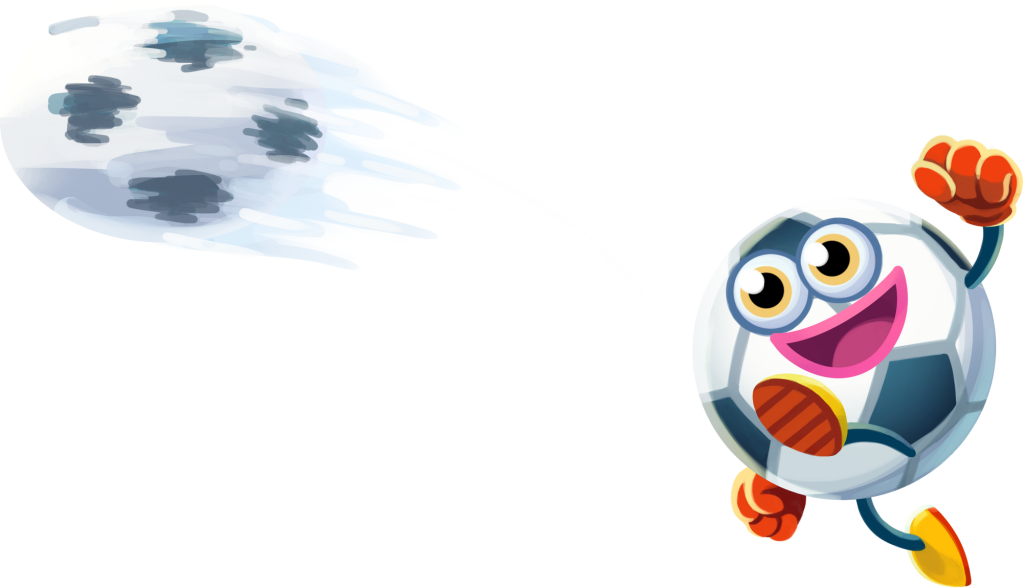What is play and why play matters?
Play is foundational and a crucial part of every child’s development. It is not only crucial to children’s creativity it is also fundamental to their growth. Play is defined as, “doing things for fun and enjoyment.” Although this might seem very simplistic, there is nothing better than seeing a child on the floor playing with their favorite toy and glancing over at their parent’s face for confirmation that all is ok.
It is key that parents and caregivers understand these subtle cues and learn how to further develop the skills in order to support long-term developmental growth. Play can take on many forms, for example, it can be physical/active play, toy play, social play, constructive play, symbolic play, or creative play. Play in the life of a newborn looks very different to play in the life of a five-year-old. As children grow they learn many different ways to play and use various mediums to assist them in playing.
In play, we are able to unify all domains of a child’s development including cognitive, social-emotional, language, and physical.
Below is more information and a guide to each domain and how play can impact these domains.
Cognitive
The ability to think, explore and figure things out. Through play children learn to think, remember, communicate, problem solve and pay attention. These are all vital skills in early childhood development and hence why playing with your child is important as it builds the relationship between you and your child.
Social-emotional
The process of building interactions and relationships. More specifically in early childhood development, it is how children learn and develop conflict resolution skills, show empathy towards one another and understand how to effectively work together with their peers. Play allows children to work collaboratively with others. During this time they practice exploring their feelings, learning how to express themselves, and developing self-discipline.
Language
Language refers to children’s basic literacy including communication with others, talking, vocabulary, reading, writing, and numbers. Language is one of the most important skills children learn as they play. Children from birth learn to communicate and express themselves through their play allowing for an open and low-pressure environment. Interaction within play is key in early childhood development and parents understand how they can best interact with their child through play at any stage is crucial to development.
Physical
This domain refers to the growth of the brain and body as a child develops. It includes movement, handling of objects, and children learning to understand their own bodies. When children are playing they are always developing their physical skills. Children are constantly moving, picking up items or toys, balancing, or using their bodies to learn new skills. Often we refer to the physical play as active play.
Top tip: You can combine the wonderful Moshi stories and play together simply by putting on your child’s favorite track and allowing them to play alongside.
